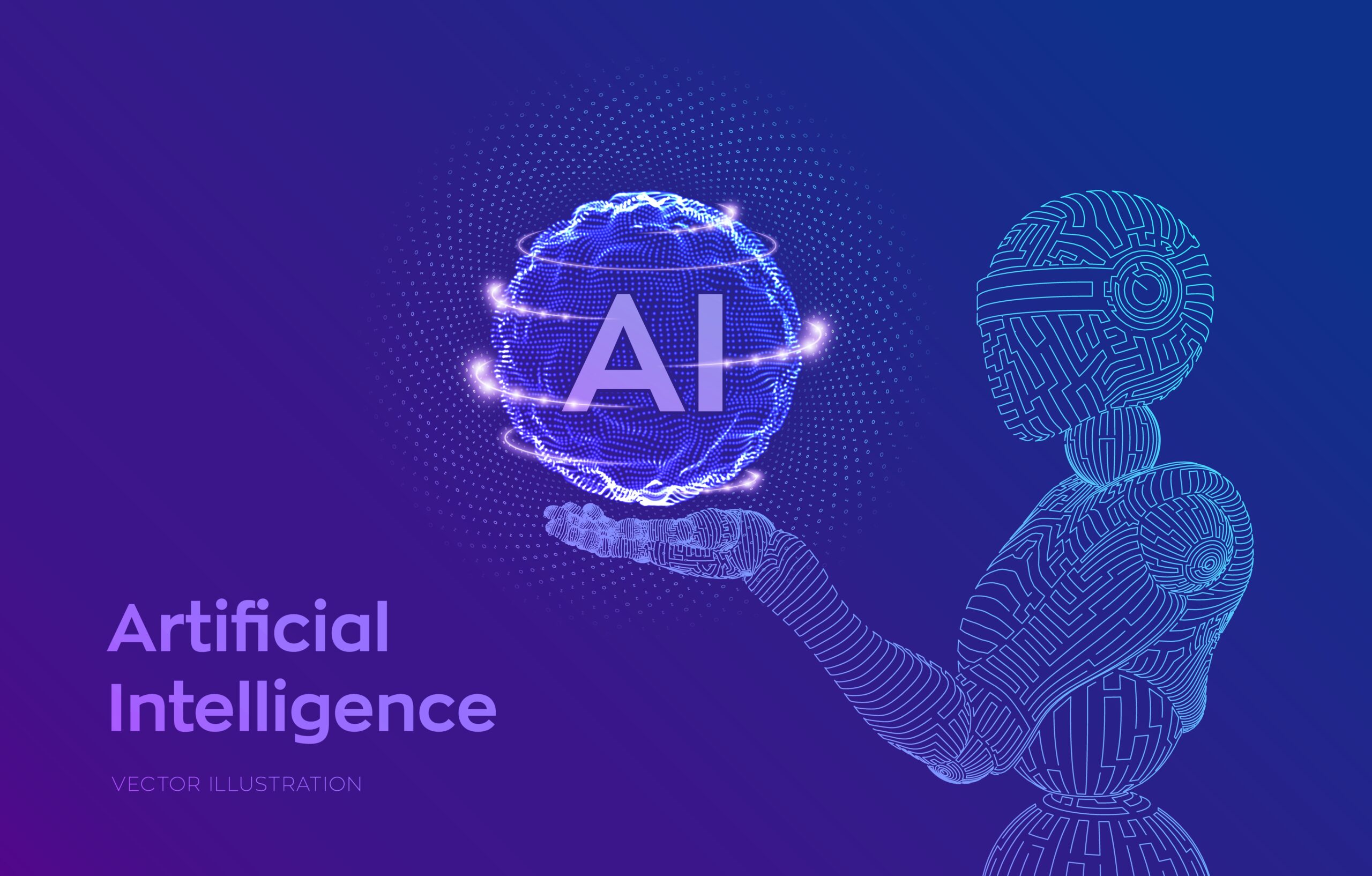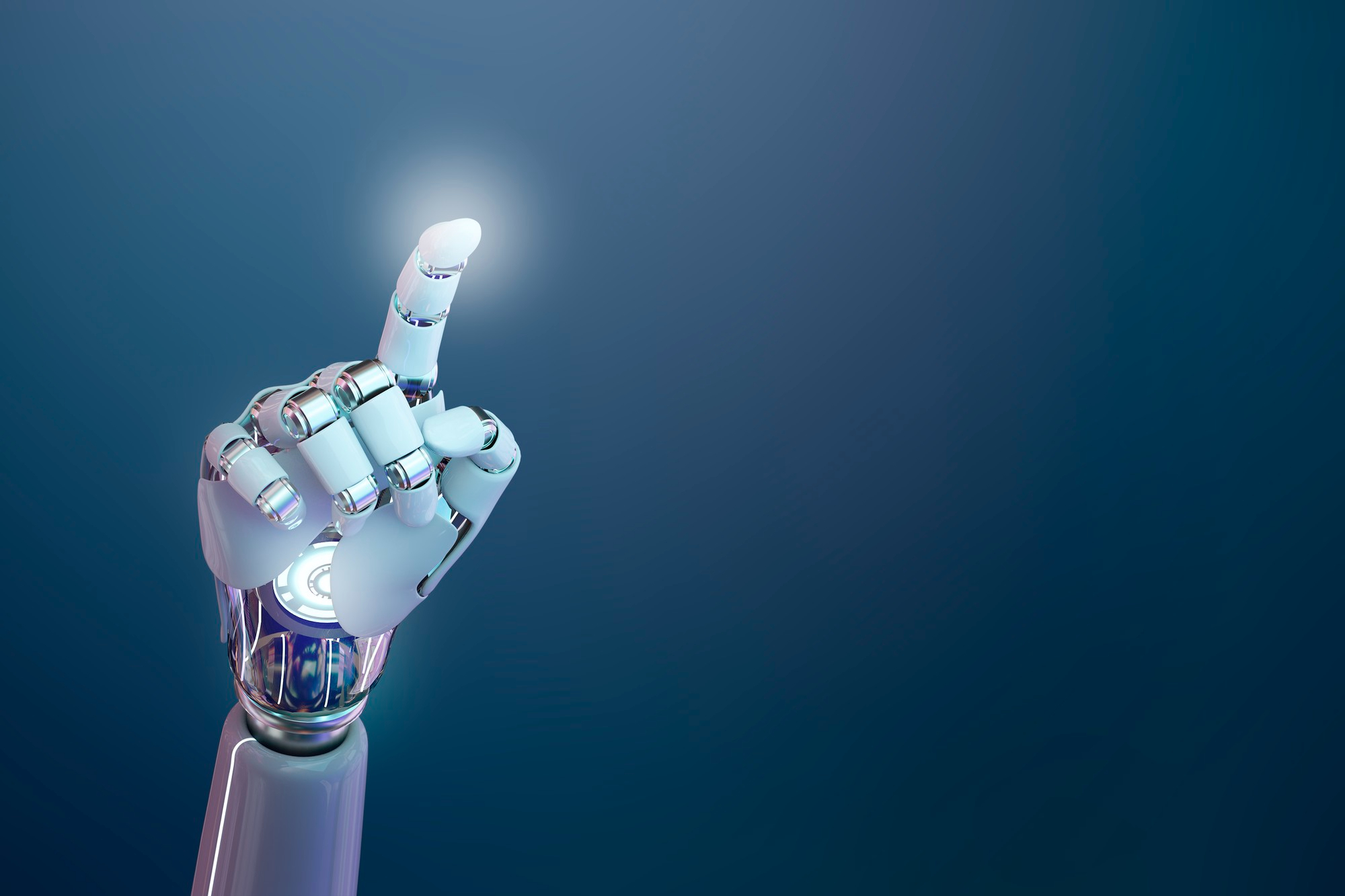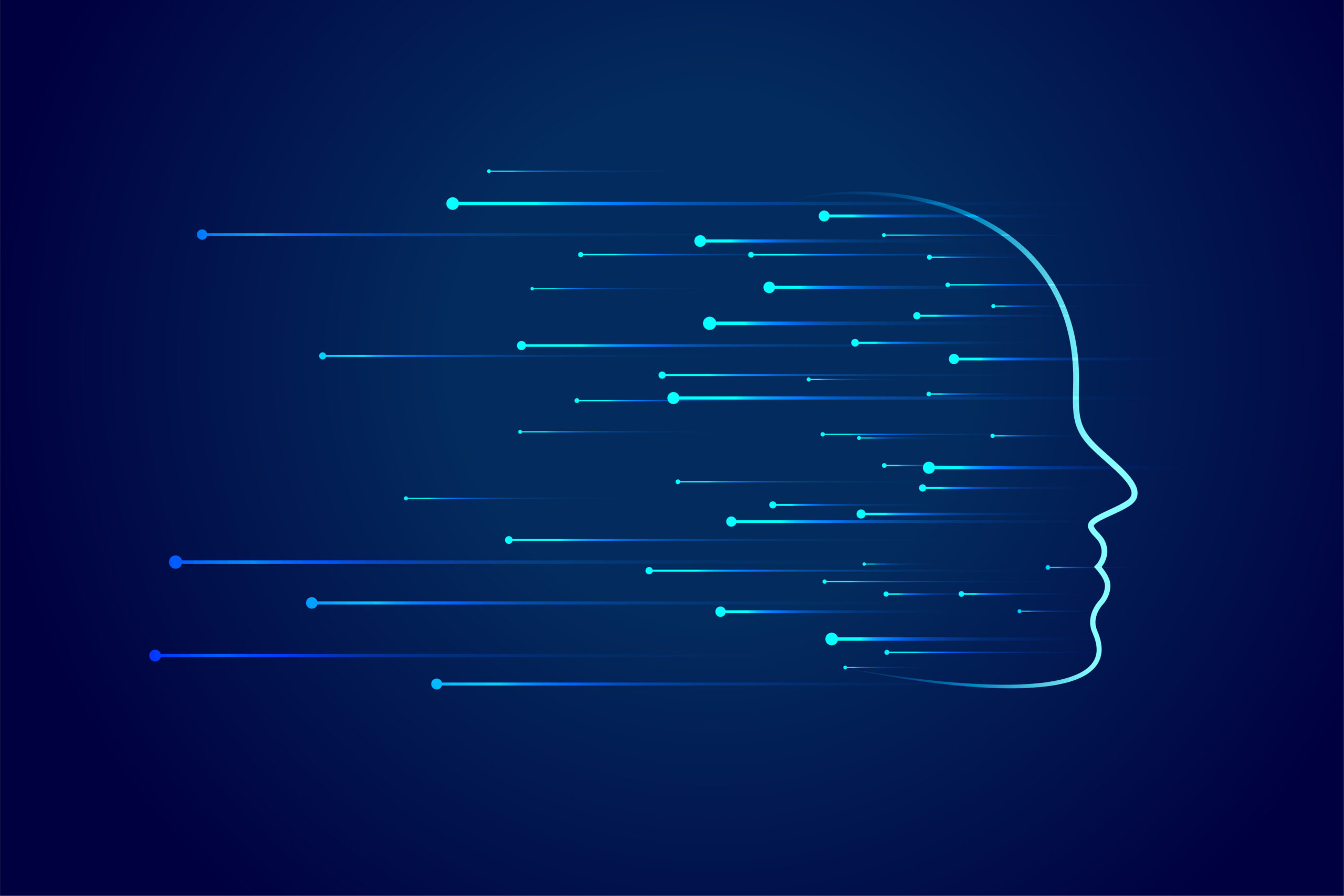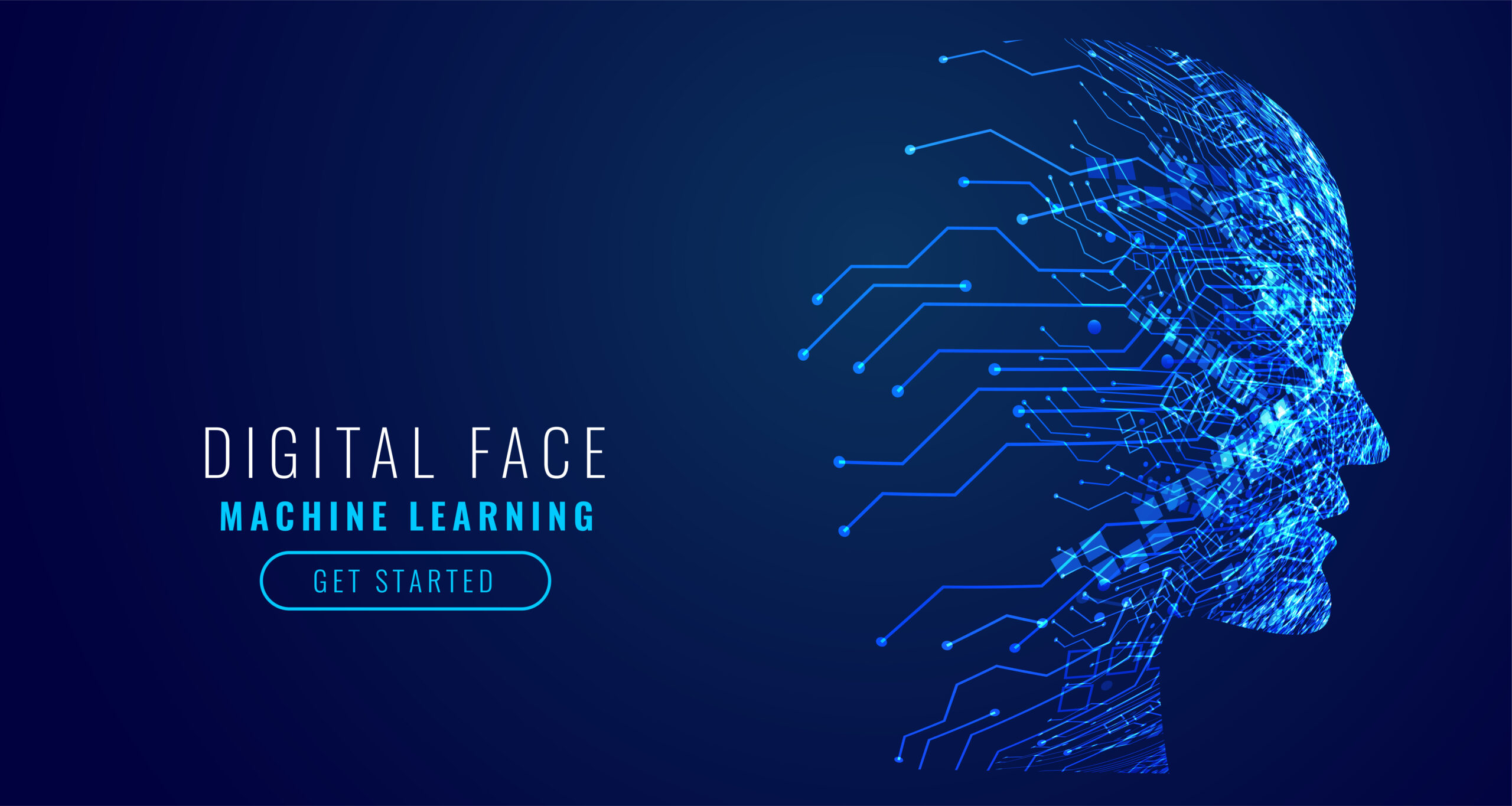The Rise of Artificial Intelligence: Revolutionizing Our World

Artificial Intelligence (AI) has rapidly transitioned from being a futuristic concept in science fiction to a vital part of our everyday lives. Whether it’s the voice assistant on your smartphone or the algorithms that recommend what to watch on streaming platforms, AI is everywhere. But what exactly is AI, and how is it reshaping industries, businesses, and even our daily routines? In this article, we’ll explore the various facets of AI, its applications, and its future potential.
What Is Artificial Intelligence?
At its core, Artificial Intelligence (AI) refers to the simulation of human intelligence in machines. These systems are designed to perform tasks that typically require human intelligence, such as problem-solving, decision-making, speech recognition, and visual perception. AI can be classified into two main categories:
- Narrow AI – Systems that perform a single task very well, such as facial recognition or language translation.
- General AI – A more advanced form of AI that can perform any intellectual task a human can do. While this level of AI is still in development, it’s often seen in movies and futuristic scenarios.
Applications of AI in Everyday Life

AI has infiltrated nearly every industry and aspect of our lives. Some of the most common applications include:
1. Healthcare
AI is transforming healthcare with diagnostic tools that can detect diseases like cancer at early stages. AI-powered robots assist in surgeries, while virtual health assistants provide personalized advice.
2. Finance
In the financial world, AI systems analyze large amounts of data to detect fraudulent activities, manage investments, and provide personalized financial recommendations to users.
3. Retail
Have you ever received a product recommendation while shopping online? That’s AI at work. It helps businesses tailor their offerings to individual preferences, driving sales and improving customer experiences.
4. Autonomous Vehicles
Self-driving cars are one of the most exciting applications of AI. These vehicles use AI to navigate roads, avoid obstacles, and make real-time decisions, with the goal of reducing accidents and improving transportation efficiency.
5. Customer Service
Many companies now use AI chatbots to handle customer inquiries. These bots can quickly provide answers and solutions, improving customer service while reducing the need for human intervention.
AI and the Future of Work

One of the most debated topics around AI is its impact on jobs. While AI is automating many tasks, it’s also creating new opportunities in fields such as data analysis, machine learning engineering, and AI ethics. The future workforce will likely see a shift toward roles that involve collaboration between humans and AI, enhancing productivity rather than replacing jobs outright.
Ethical Concerns Surrounding AI
As AI continues to evolve, so do concerns about its ethical implications. Some key concerns include:
- Bias in AI algorithms: AI systems are trained on data, and if that data is biased, the AI will also make biased decisions.
- Job displacement: As more tasks are automated, some jobs may become obsolete, leading to unemployment in certain sectors.
- Privacy: AI-driven technologies, like facial recognition, raise concerns about the erosion of privacy, particularly when used without consent.
Efforts are being made to ensure AI is developed and implemented in ways that are fair, transparent, and beneficial to society. Regulations and guidelines are being established to address these concerns, ensuring AI is used responsibly.
The Future of AI

Looking forward, the possibilities for AI are endless. From advanced robotics that can perform complex surgeries to AI-powered assistants that can handle even more tasks in our homes, AI is poised to become even more integrated into our lives. Future advancements in AI could lead to breakthroughs in medicine, environmental sustainability, and even space exploration.
However, with these advancements comes the need for responsible AI development. As AI becomes more powerful, it’s crucial to establish frameworks that ensure its safe and ethical use for the benefit of all.
Frequently Asked Questions (FAQs)
1. What is the difference between AI and Machine Learning?
AI refers to machines simulating human intelligence, while Machine Learning (ML) is a subset of AI that allows systems to learn from data and improve without being explicitly programmed.
2. Is AI going to replace jobs?
AI will automate certain tasks, but it is also creating new roles in industries like data science, AI ethics, and robotics. The workforce will need to adapt to these changes.
3. How does AI impact privacy?
AI technologies, especially in areas like facial recognition and data collection, raise significant privacy concerns. It’s important to implement regulations that protect personal data.
4. Can AI become conscious?
Currently, AI does not have consciousness or self-awareness. General AI, which could theoretically perform any human task, is still a concept under research and far from realization.
5. What are some ethical challenges of AI?
Key ethical challenges include bias in decision-making, job displacement, and the potential misuse of AI for surveillance or other harmful purposes.

